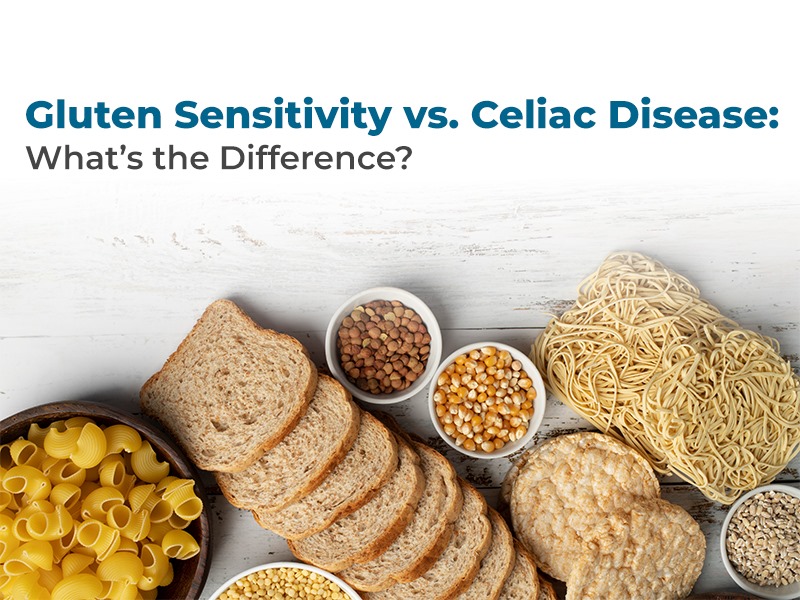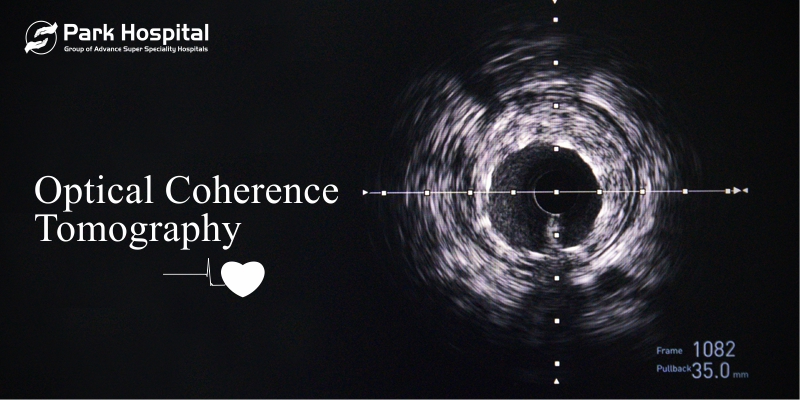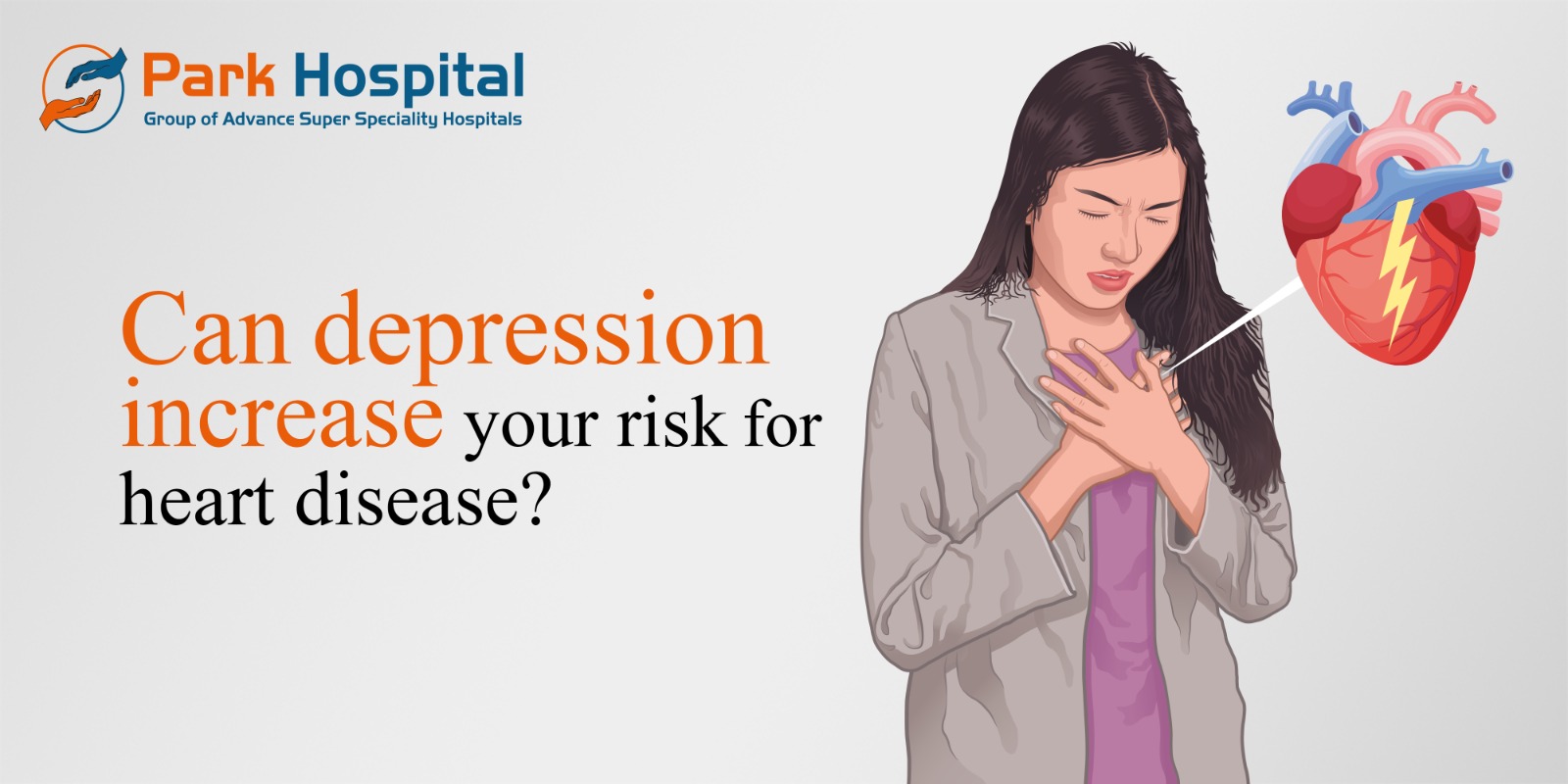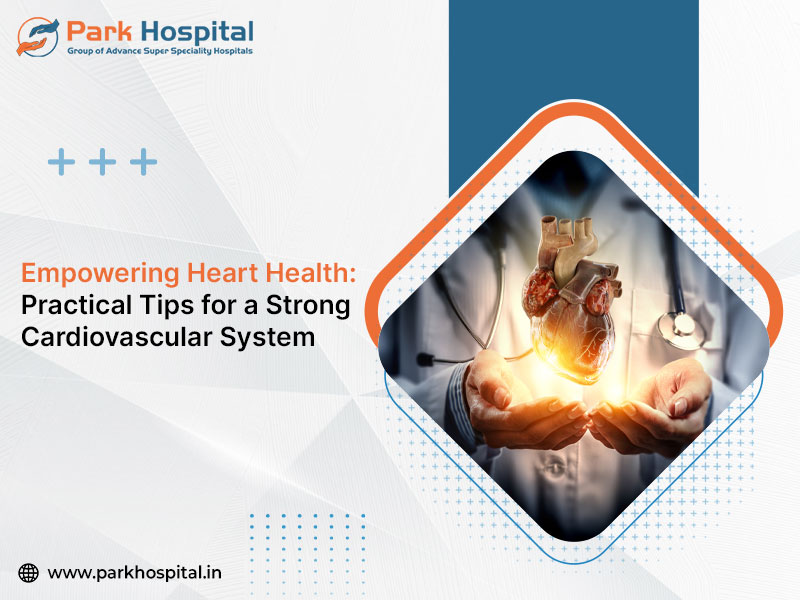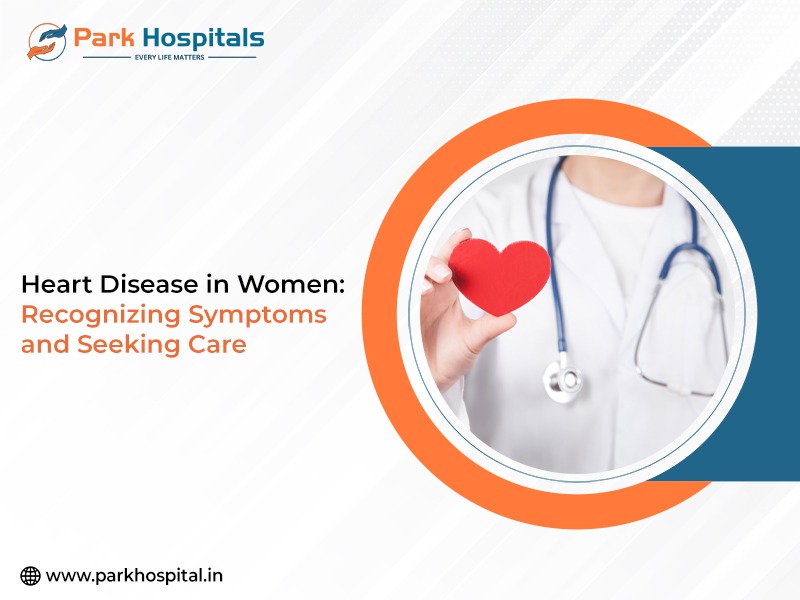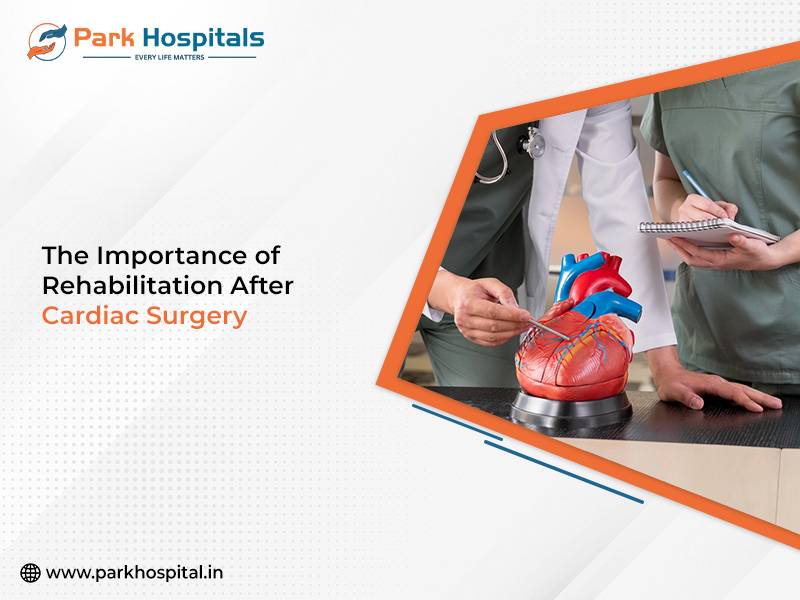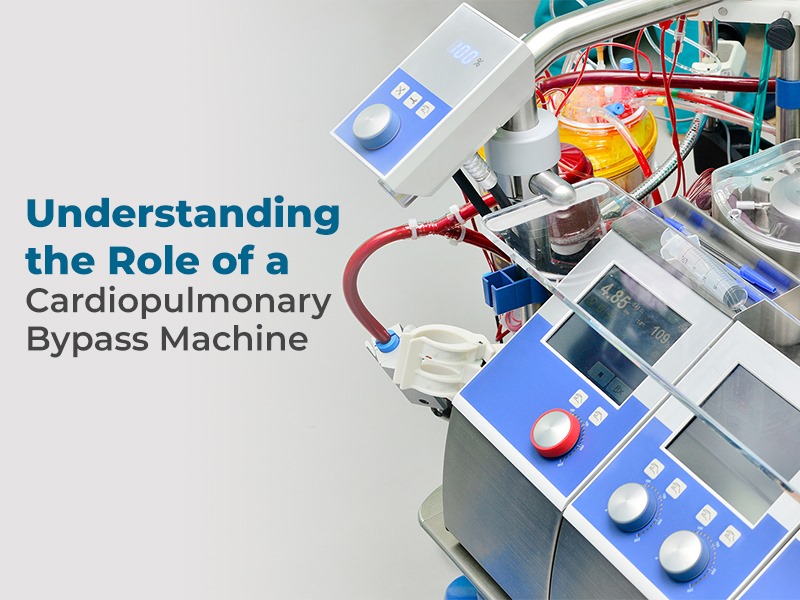Introduction
Over time, the health profile of people all over the world is worsening with the deteriorating lifestyle and poor eating habits. Additionally, people's stress levels are increasing due to their busy schedules. This has made their bodies prone to a wide range of medical conditions, especially dietary disorders.
In recent years, gluten-related disorders have gained popularity due to the increasing prevalence of people reporting adverse reactions to gluten. Gluten is a kind of protein found in wheat, barley, and rye. Two primary kinds of conditions that are often at the centre of this discussion are gluten sensitivity and celiac disease. Park Hospital, as a renowned Gastroenterology Hospital, educates people about the difference between the two conditions and their symptoms and assists them in the proper management of the conditions.
Understanding Celiac Disease and Gluten Sensitivity
In the realm of dietary disorders, celiac disease and gluten sensitivity are two notable conditions that involve adverse reactions to gluten in the body. They seem to have similar medical conditions due to the association with gluten but are significantly different in various ways.
Celiac Disease: It is a kind of autoimmune disorder that occurs due to ingestion of gluten and results in considerable damage to the small intestine.
Mechanism: According to the experts at the leading Gastro care Hospital, Park Hospital, if an individual with celiac disease eats foods containing gluten, their immune system will respond by attacking the small intestine. This attack can cause significant damage to the villi, the small finger-like projections that line the structure of the small intestine. This affects the overall nutrient absorption in the intestine.
Gluten Sensitivity (Non-Celiac Gluten Sensitivity or NCGS): It is also a gastrointestinal condition where individuals experience symptoms similar to the ones of celiac disease if they consume gluten. However, this condition is not an autoimmune response or results in intestinal damage.
Mechanism: The exact mechanism of the condition is still unknown to mankind, but according to researchers, the condition involves a direct response to gluten or other components in foods that can trigger symptoms.
Symptoms
Celiac Disease: The condition causes both gastrointestinal as well as non-gastrointestinal symptoms, which include the following:
1. Gastrointestinal symptoms: Diarrhea, bloating, constipation, abdominal pain.
2. Non-gastrointestinal symptoms: Fatigue, Anemia, headaches, skin rash (dermatitis herpetiformis), joint pain, and neurological issues like anxiety or even depression.
Gluten Sensitivity: The gastrointestinal and non-gastrointestinal symptoms of the condition, according to the doctors at the specialist's Gastroenterology Hospital, Park Hospital, are as follows:
1. Gastrointestinal symptoms: Bloating, abdominal pain, diarrhea.
2. Non-gastrointestinal symptoms: Headaches, joint pain, fatigue, and brain fog.
Diagnosis
People need to have a brief understanding of the two conditions to assess the symptoms and ensure proper diagnosis. The diagnosis of both conditions is quite different as the severity and extent of damage of the conditions are different.
Celiac Disease: The diagnosis of this condition involves a variety of blood tests associated with specific antibodies such as EMA and tTG-IgA and the procedure of endoscopy. An endoscope is a diagnostic test in which a biopsy of the small intestine is taken to check for any kind of damage to the villi.
Gluten Sensitivity: According to experts at the acclaimed gastro-care hospital, there are no specific diagnostic tests for gluten sensitivity. It is typically diagnosed and managed by ruling out wheat allergy and the condition of celiac disease. The specialists usually prescribe a gluten-free diet as the condition can recur if gluten is incorporated into the diet.
Long-term Implications
Celiac Disease: It is a more complex condition which, if left untreated, can cause serious health issues. The condition requires proper medical attention as it can lead to conditions like malnutrition, infertility, osteoporosis, neurological conditions and even lead to an increased risk of specific kinds of cancers such as lymphoma. In these conditions, the individuals are usually prescribed to maintain a strict gluten-free diet for life to prevent severe symptoms and potential intestinal damage.
Gluten Sensitivity: It is not as serious as celiac disease and thus does not cause severe long-term health issues. The condition also needs the attention of a specialist at a Gastroenterology Hospital for proper management. Maintaining a gluten-free diet for life is recommended for this condition as well.
Prevalence
Celiac Disease: It is not very common and just affects approximately 1% of the population all over the world.
Gluten Sensitivity: It is a relatively bigger health concern in the global population as it affects more people than celiac disease, but it can be properly managed with dedicated efforts.
Park Hospital: Accurate Diagnosis and Best Treatments
Both celiac disease and gluten sensitivity are dietary disorders and require dietary management to prevent triggering the symptoms and other related issues. However, the condition of celiac disease is more severe, and needs increased medical attention to prevent long-term health issues. Park Hospital, as the well-famed Gastro care Hospital, provides a team of dedicated gastroenterologists and the availability of advanced techniques to help manage both conditions and help people lead a healthy life.

